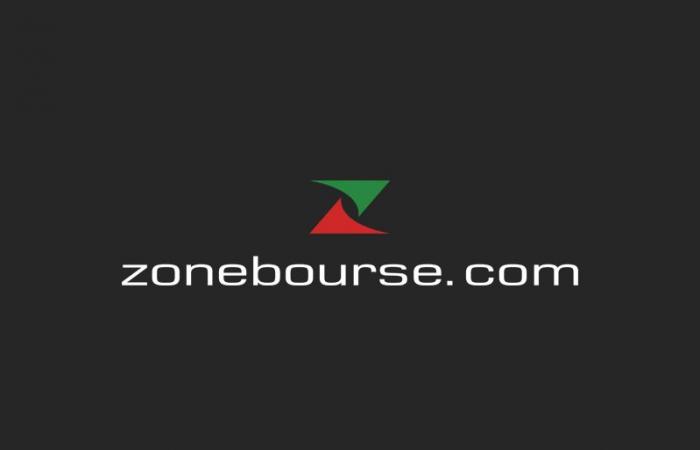The Bank of Japan is expected to reduce its bond purchases by about 24 trillion yen ($152 billion) a year in its new guidance due next month, but hold off on raising interest rates at least until September, former board member Makoto Sakurai said Monday.
At its meeting on Friday, the BOJ decided to start reducing its massive bond purchases and announce in July a detailed plan to reduce its balance sheet by nearly $5 trillion, taking another step in the removal of its massive monetary stimulus measures.
Governor Kazuo Ueda gave few clues about the extent of the BOJ’s reduction in bond purchases, saying only that the reduction will be significant.
“The BOJ has the option to reduce its monthly purchases by just one trillion yen. But since the governor said the scale would be “significant,” there is a good chance it will reduce its purchases of about 2 trillion yen,” Sakurai said in an interview with Reuters.
The BOJ currently buys around 6 trillion yen of government bonds per month, with room for 5-7 trillion yen. It is likely to reduce its purchases to 4 trillion yen per month, he added.
The BOJ’s decision to announce its bond reduction plan at its next meeting on July 30-31 has heightened uncertainty over whether it will raise short-term interest rates at that same meeting, or whether it will wait until later in the year to avoid disrupting the markets.
Mr. Sakurai, who has close ties to current policymakers, said the BOJ would likely hold off on raising rates in July and wait to see whether summer bonuses and wage increases will help the economy recover. consumption.
“The BOJ is probably in no rush to raise short-term rates, as that would drive up mortgage rates and hurt already weak real estate investment,” Mr. Sakurai said. “The next interest rate hike will likely occur in the fall or early next year.
If economic and price developments are roughly in line with its forecasts, the central bank could raise interest rates to 0.5% by the end of next year, Mr. Sakurai.
After ending eight years of negative interest rates in March, the BOJ currently sets the short-term interest rate target in a range of 0-0.1%.
Many economists expect the BOJ to raise interest rates to 0.25% this year, although not all agree on this.
divided
July or later in the year.
Mr. Sakurai said the yen’s sharp fall had likely forced the BOJ to carry out quantitative tightening more quickly than expected and reduce its balance sheet.
Japan’s battered currency has become a headache for policymakers by inflating import prices, raising the cost of living and hurting consumption.
Rather than trying to slow the yen’s decline through rate hikes, the BOJ likely chose to allow long-term interest rates to rise further by announcing a bond reduction plan, he said. added.
“The BOJ took a big step forward in normalizing its policy by deciding to reduce its emissions,” Mr. Sakurai said, adding that many bankers probably saw the need to gradually reduce its balance sheet.
“In some ways, the weak yen helped BOJ policymakers get what they wanted.
($1 = 157.4000 yen) (Reporting by Leika Kihara and Takahiko Wada; Editing by Stephen Coates and Bernadette Baum)

